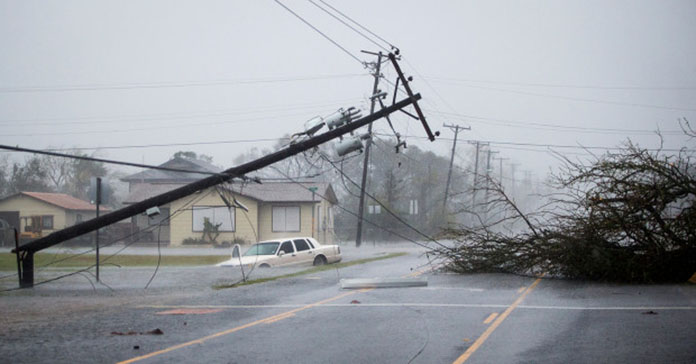
Bahamian meteorologist and hurricane book author, Wayne Neely gives his explanation about the receding water around Long Island, Acklins and Exuma in light of Hurricane Irma on his Facebook page.
“A hurricane is a low-pressure area and at the center of the hurricane, you have a buildup or the piling up (a bulging effect) of water called the storm surge. At the center of the hurricane (in this case-Hurricane Irma), the water builds up at 10 to 15 feet above the normal high tide. That water must come from somewhere else and for this case, it came from the outskirts or the outer boun daries of Hurricane Irma and which for us it came from the islands of Long Island, Exuma, and Acklins which were on the boundaries of Irma. Basically, there is a surplus of water at the center of the storm and a deficit of water around the outer boundaries of the hurricane.”
“This has happened before recently but in my research, it has happened in Hurricane #5 of 1936 on the island of Acklins where persons went out and collected conch and fishes that were stranded on dry land when the water receded out of the harbour near The Bight. In fact, in my book called “The Great Bahamas Hurricane of 1929”, I interviewed the former Governor General of The Bahamas, H.E. Arthur D. Hanna, who recalled growing up as a child on the island of Acklins and experienced a hurricane in 1936, where early that morning the water receded out of the harbour in The Bight, leaving all the boats stranded on dry land for several hours and by midday it came rushing back in. Others recalled going out on the newly exposed dry land and collecting fish and conch, which were left stranded.”







